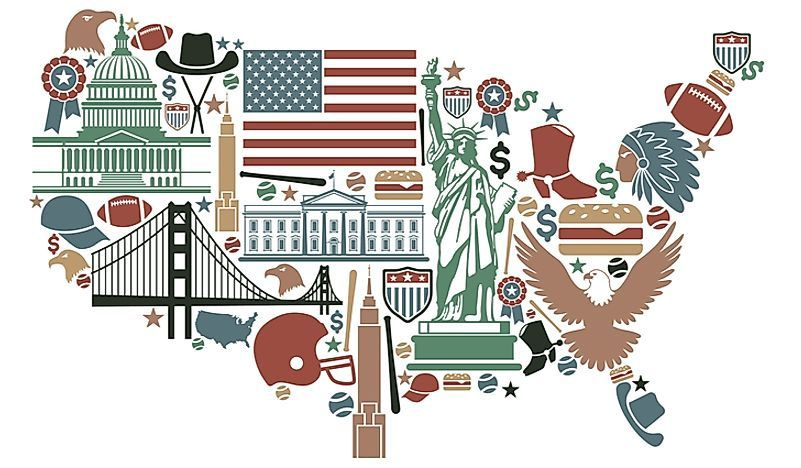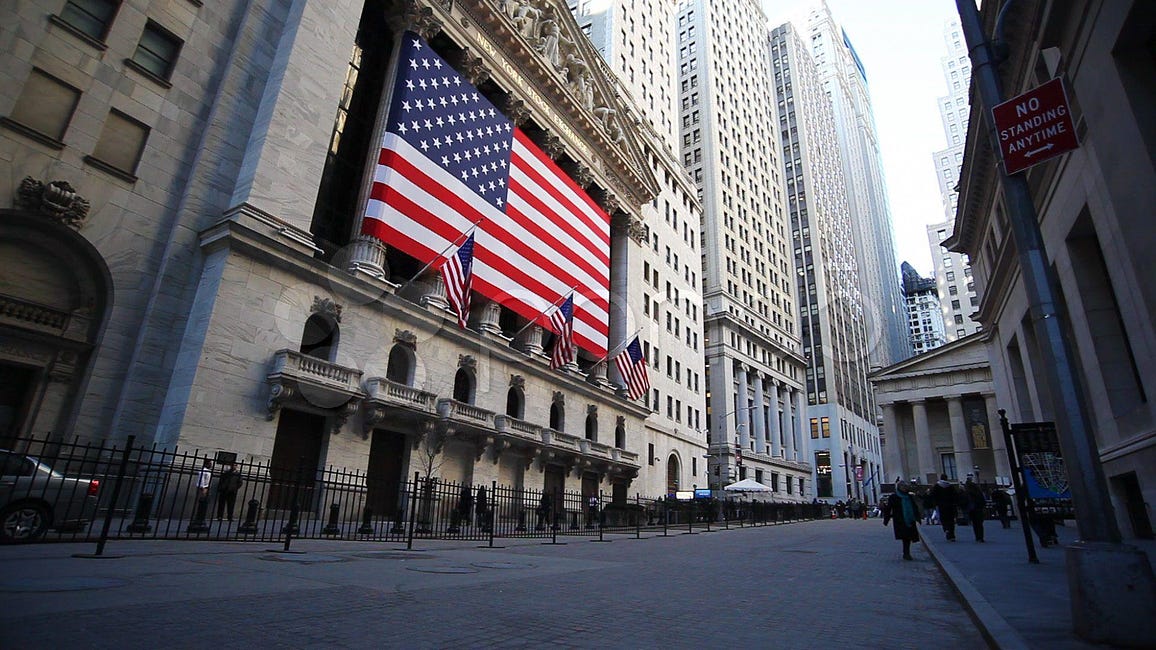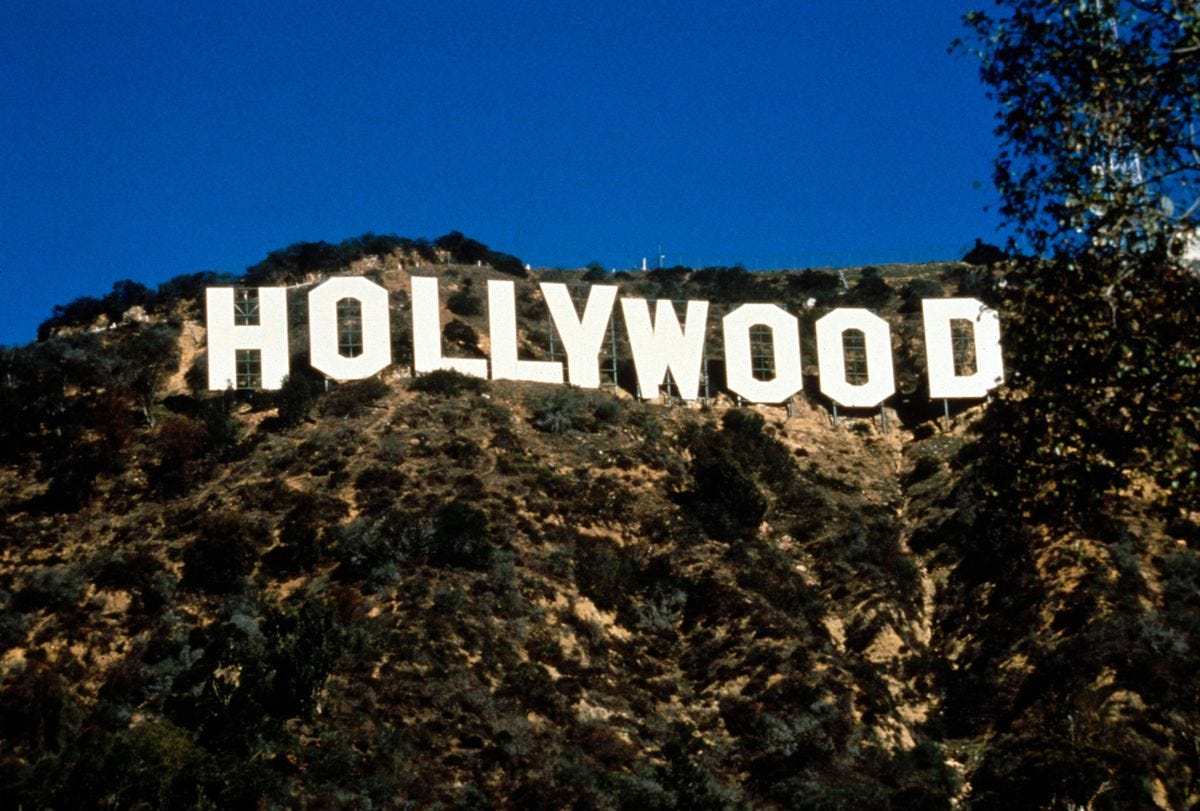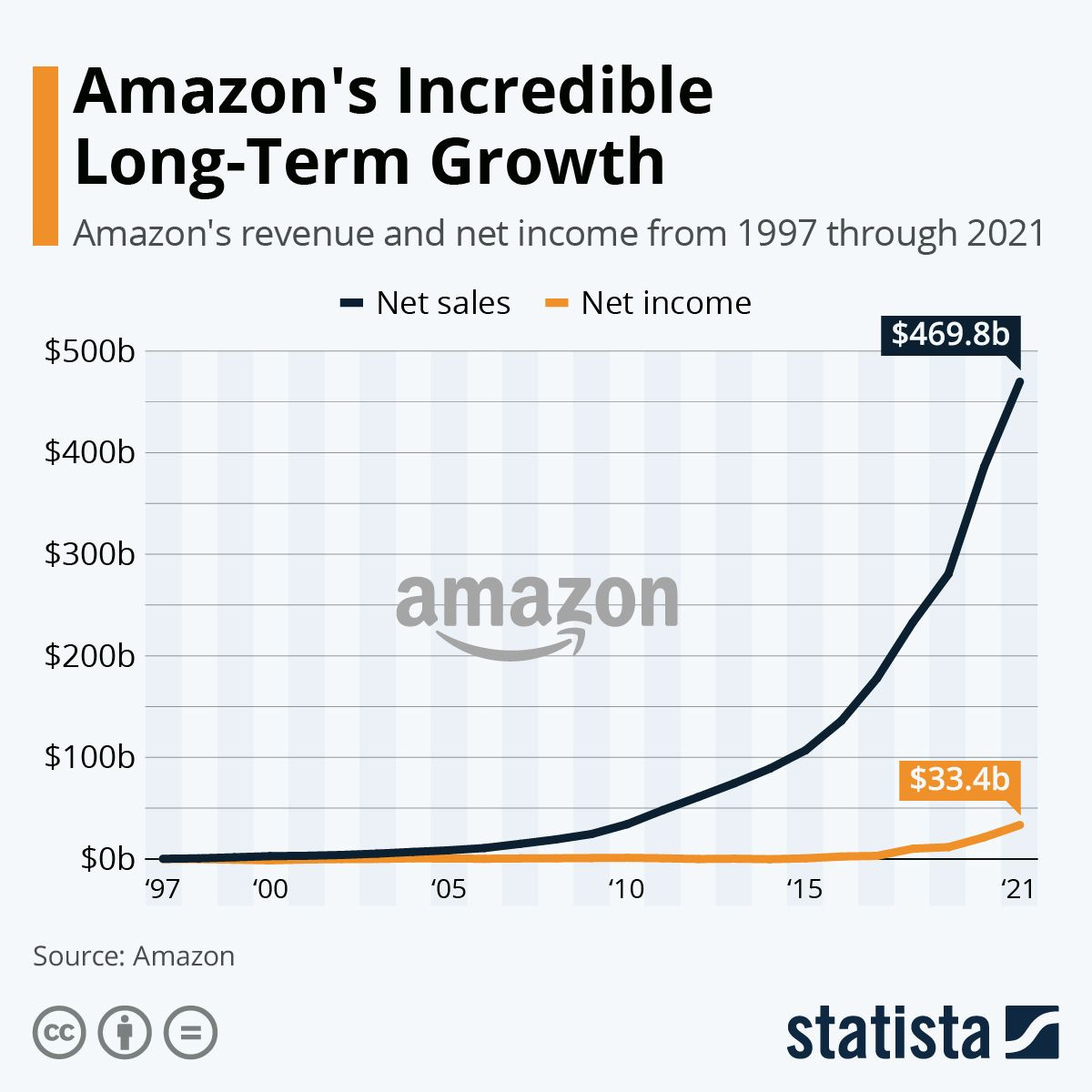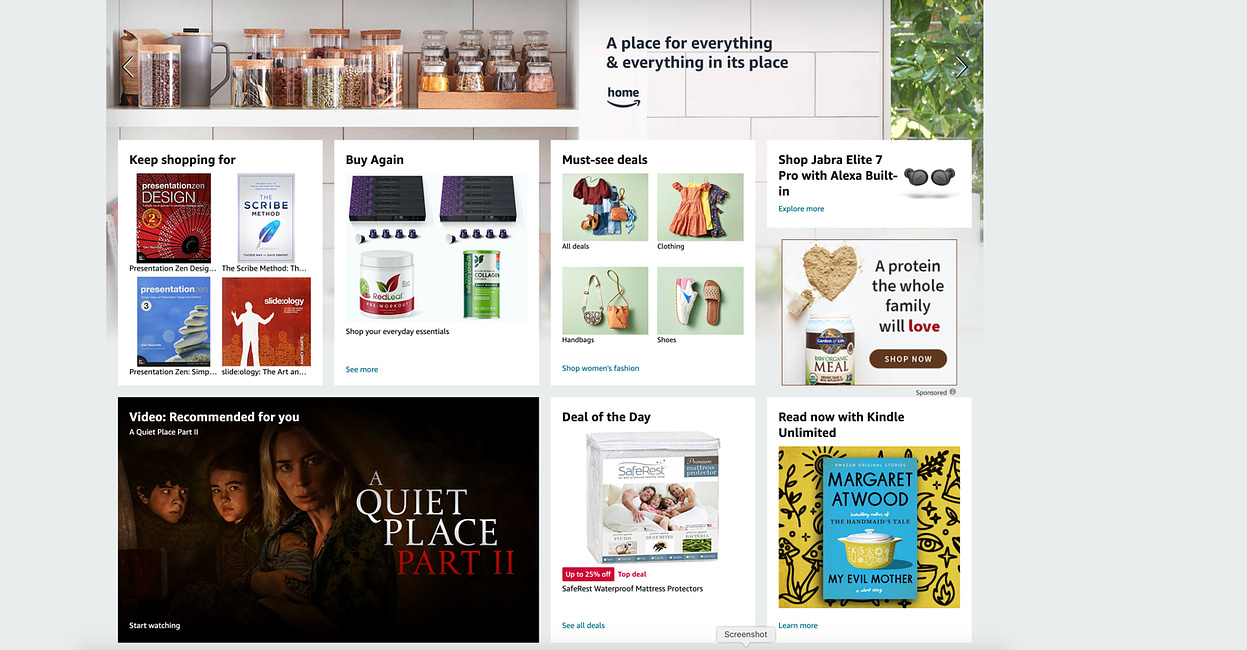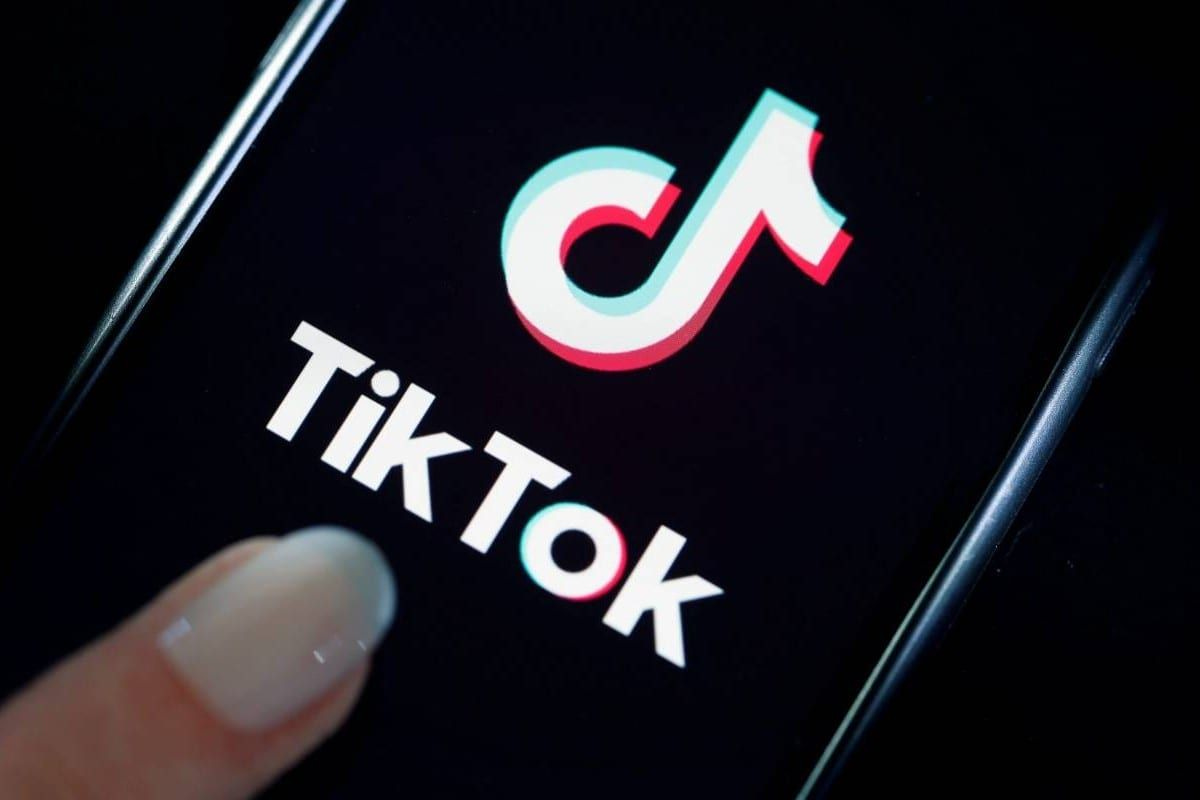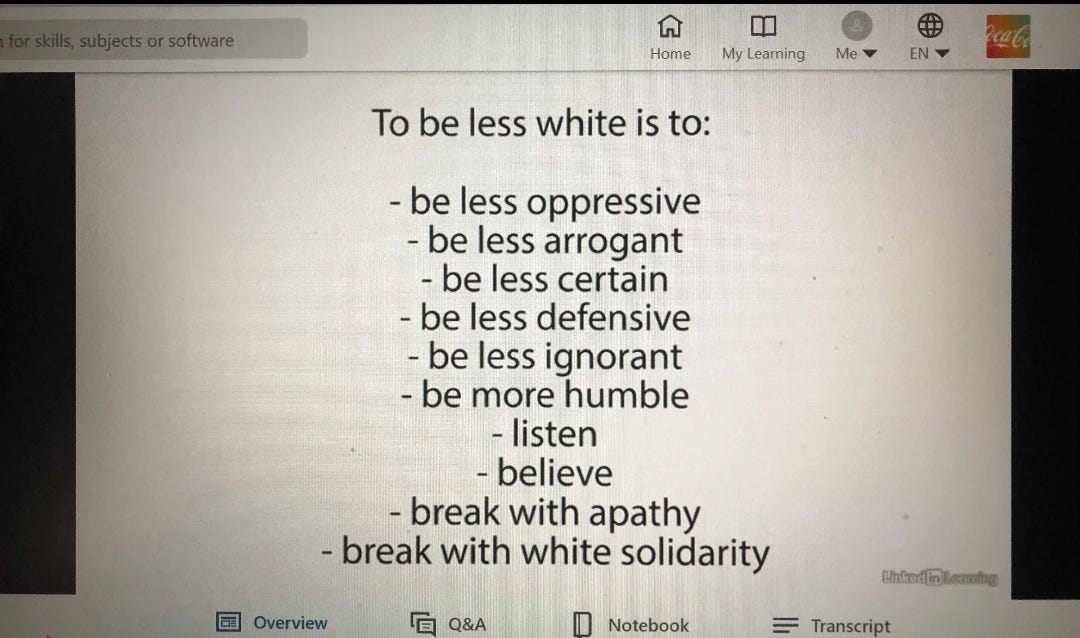Main Street Insiders - You Get What You Pay For
"Politics is downstream from culture" - Andrew Breitbart. Lately I've been trying to understand why every society has classes. No matter what economic system you choose, there's always an upper crust of rich and powerful people making all the decisions. I've concluded that some form of ruling class is inevitable. But it's up to the people to determine how much authority we give them and what that looks like. In the end, the elites simply reflect the population at large. Many conservatives believe that we’re due for an American revival, but they don’t have the stomach to stand up for it. We’re going to get the hard times we deserve. The Group ModelPeople tend to organize themselves in groups. On a micro level, people form families, work teams, and friend groups. Those groups unite to make larger groups like communities, tribes, and nations. The group model has been used across cultures and throughout history. Groups of people naturally create cultures. These cultures are the sum of everyone's little choices throughout the day. For example, in America, we drive more cars, drink more alcohol, and eat more unhealthy food than people in other countries, demonstrating how much we value our right to choose. In Scandinavian countries, they care a lot about work-life balance, which is why they work fewer hours than we do. Theoretically, individuals have complete and total freedom to make these little choices. But freedom means nothing without power. In a world where everyone is free, the powerful will always use their resources to dominate the powerless. It's human nature. Anarchists believe everyone should have 100% autonomy, and we should abolish the government and other institutions that reduce our freedom. Might becomes right. And the people with the most resources become the ruling class. On the other end of the spectrum, communists believe that individual freedom should be abolished and the state should run everything for the good of the community (hence the name). Ironically, politicians just become the new ruling class. They're two sides of the same coin. Both systems have been tried before, and both failed miserably. Society relies on balance. We like the idea of freedom, but we have to balance it with convenience and comfort. Take the police. Imagine a world with no police (which is quickly becoming a reality in some areas). You'd have no rules. But neither would the criminals. So there would be no one to protect you or your family. And no one to bring justice when crimes are inevitably committed. It's a great example of giving up a little power in exchange for safety. It's the same situation for team projects at school or work. You can't do all the work yourself. So you break it up and delegate. You lose the freedom to have complete control over your results. But you gain the convenience of efficiency. And how does your team choose who gets which job? You assign it based on everyone's skills. We Pick Our Leaders Every DayOur society is just one big group project. We pick leaders responsible for managing different aspects of our culture. The most obvious example is our elected representatives. In a democracy, everyone gets a say in creating laws. But we don't actually want to put in all that work, so we vote for representatives to do it for us. Theoretically, the collective wisdom of the population will elevate the most qualified candidates. Our system is built on an adversarial relationship between the leaders and the people. We need our leaders, but ultimately we're the boss, and we can fire them anytime. For that reason, our leaders will always attempt to overreach. The constant push and pull is what makes our system function. But it breaks when the people stop holding their leaders accountable. Government is just one area of our culture. They handle all of our boring administrative tasks. You vote for your political leaders once every two years in America. But you vote for your leaders in every other aspect of your life with your everyday actions. Consider these institutions as shadow branches of government. Wall Street is responsible for managing our money, Hollywood is responsible for keeping us entertained, and Big Tech creates our digital solutions. On some level, these institutions DO provide value. For example, Apple products are legitimately better than everything else on the market. Our family owns exclusively Apple products. The company has built a great ecosystem of interconnected devices, encouraging customers to combine their products. For example, AirPlay makes sharing documents between phones and computers easy. You can open text conversations on your laptop and vice versa. Maybe most importantly, its operating system is aesthetically pleasing. It's a great business model. By comparison, Android sucks. It's ugly and hard to use. Most people agree, which is why Apple is the most profitable and valuable company in history. How do individuals rise to the top? It takes tremendous talent to create high-quality products and services (that's why we call them the elites). And we reward talented individuals with our time, money, and attention. "The first lesson of economics is scarcity: there is never enough of anything to fully satisfy all those who want it." - Thomas Sowell. The first rule of economics is that resources are limited. If we were all billionaires, we'd bid the prices up, and no one would be rich. Our money, time, and attention are finite as a society. So we use them to vote for our values. If you value fitness, you might spend a lot of money on gym memberships and healthy groceries, a lot of time at the gym, and pay attention to fitness books and social media accounts. What types of leaders are you elevating with this lifestyle? Gym owners, farmers, exercise scientists, and others, depending on what fitness looks like for you. If you value entertainment, you might spend your money on streaming services and your time watching movies, shows, and sports. That means you elevate the directors, actors, athletes, producers, and studio executives that create your content. "When I'm making a film, I'm the audience." - Martin Scorsese. You might not like the movies coming out of Hollywood these days or their political messages. But as an audience member, you're somewhat responsible for their content. So the filmmakers we get are simply the filmmakers we choose to elevate. The unfortunate downside is that woke ideology is incompatible with good storytelling because critical theory predefines characters based on surface-level attributes when the real world is far more fluid. How many more times do we have to watch Marvel break the rules of their own universe by making female side characters far more powerful than their male counterparts just to prove a point? Hollywood will continue giving us low-quality left-wing propaganda pieces until we stop watching them. What about commerce? We used to primarily buy our goods from local stores. Local stores turned into national chains. Now, many of the national chains are on the way out. Amazon has made in-person shopping increasingly obsolete. The company's rapid growth over the last two decades has pushed Jeff Bezos to the top of the world's richest people list. And he uses his massive wealth to fight climate change and spread government propaganda via the Washington Post. But he didn't become a billionaire out of thin air. Most of his wealth was derived from Amazon stock, and Amazon stock is driven by earnings (i.e., when we buy stuff). Let's be real. Amazon is insanely convenient. It offers millions of products at low prices and ships them to your door in two days or less. And Amazon pulls from billions of data points to recommend additional products with stunning accuracy. No wonder millions of users have become addicted to Amazon consumption. Our relationship with Amazon is similar to a drug addict and dealer. Amazon provides us a dangerous and addictive substance: frictionless consumption. But we gladly pay for it. So who's really in the wrong? American Culture: Comfort > FreedomRemember how our little choices create a culture? That means our leaders are merely representations of our culture. They're a trailing indicator. So if we look at our leaders in three categories--sports, music, and business--we can reverse engineer what values our culture prizes. You'll notice a theme across these three categories: as the far left runs roughshod over our societal values, most Americans are too caught up in their comfortable lives to push back. Sports: The most popular sport in the US is American football. Since Colin Kaepernick first took a knee during the national anthem in 2016, the NFL has been stricken with controversy over player protests during the national anthem. The demonstrations grew in 2020 in response to the death of George Floyd, and the NFL launched an ongoing campaign called It Takes All of Us. The campaign may sound well-intentioned, but it was dominated by woke themes and revisionist retellings of American history. The other major sports leagues soon followed suit. Think about the most famous athletes in America right now. Lebron James. Stephen Curry. Serena Williams. Patrick Mahomes. All of them have used their platforms to advance woke politics. These are the leaders you elevate when you tune into their games. And they have no incentive to change their stances as long as you keep watching. A handful of NFL players, coaches, and owners initially pushed back against the protests, including Drew Brees and Jerry Jones. But they rushed to apologize as soon as they received the slightest pushback. Rather than stick to their values, they chose to partake in the protests they claimed to oppose to avoid rocking the boat. Tom Brady was once spotted with a Make America Great Again hat in 2015 but caved to media pressure when he skipped the White House trip after winning the Super Bowl in 2017. (Main Street Insiders does not have a stance on former President Trump, but the Tom Brady example demonstrates how the sports world silences dissenting voices). Meanwhile, many major sports franchises, including Major League Baseball (MLB), the National Hockey League (NHL), and the US National Soccer Team, have used their platforms to promote the pride agenda. But, as we have previously covered, the mainstream pride movement is a left-wing trojan horse for sex-change experimentation and pedophilia. While a handful of athletes have chosen to object, most are complicit. Music: Music has an extraordinary power to impact our souls, which gives musicians tremendous control over American culture. Unlike our other significant institutions, the music industry was overwhelmingly progressive long before the rest of American culture. During the 1970s and 1980s, LGBT artists like Elton John, Freddie Mercury, and George Michael became three of the best-selling pop artists ever. Other genres, like punk rock and hip-hop, have produced commercially successful records that deliver anarchist and left-wing themes to the masses. Like the sports world, very few prominent musicians haven't used their platform for radical causes. One of the most egregious examples is Taylor Swift, who cast a trans actor as her love interest in the music video for Lavender Haze, the opening track on her latest album Midnights. The decision is incredibly disgusting, given that Taylor Swift's audience is overwhelmingly comprised of young girls. But that hasn't stopped listeners. The album has been a tremendous commercial success, holding the top ten spots on the Billboard 100 during its first week, the first time any album has ever held all ten. Meanwhile, Drake donated $100,000 to the National Bailout Fund, which paid the bonds of rioters arrested during the Summer 2020 riots. Demi Lovato promised to drop new music in response to the January 6 Capitol riot. Many of these artists, including Taylor Swift, have also used their platform to rail against the traditional label-based power structure in the music industry. Ironically, the major labels support many of the exact same causes. Warner Music Group and Sony Music Group each donated $100 million to support BLM and other diversity initiatives. As with the NFL, these campaigns sound great, but in reality, they're used by the elites to further divide the producing class by breaking up the nuclear family and inciting racial divisions. You'd expect the pushback to come from country music. Country music stems from rural culture, which is overwhelmingly right-wing. And country music is one of the last genres with popular tropes that reflect a traditional view of family, marriage, work, patriotism, and gender roles. Jason Aldean is one of the few voices brave enough to speak out against the left (although he is pro-gun control, we'll give him a pass because of the 2017 Las Vegas shooting). Aldean claims he has a lot of friends in the business who feel the same way he does, but they're afraid to speak out because of the backlash. The industry is moving in another direction. Multiple-time Grammy nominee Kelsea Ballerini featured drag performers during her performance at the 2023 CMT Music Awards. No one in the industry batted an eye. The real conservatives Jason Aldean’s talking about will eventually have to stand up because they're complicit in the left's takeover of popular culture. Business: I already mentioned a few examples of prominent companies—Amazon and Apple. Amazon is putting local stores out of business using shady marketing tactics to create consumption addiction. And Apple uses slave labor to keep its costs down. Yet we keep buying their products. What does that tell you about American culture? We're materialistic. That's what happens when prosperity turns you soft. You may have heard that data is the new oil. That's why many of the most valuable companies in the world are tech platforms that facilitate large data transfers. They collect data from users by creating free tools that incentivize users to voluntarily give up their data to increase the tool's effectiveness. They use that information to sell targeted ads. Of course, I'm talking about Facebook and Google. Like other companies, Facebook and Google provide tremendous value to their users. In less than a second, Google allows you to search the web and parse through billions of data points to find what you're looking for. Google also owns Youtube, which revolutionized content creation by popularizing short-form videos and crowdsourcing content. Meanwhile, Facebook connects billions of users worldwide. As a result, digital ads on Facebook and Google have become a necessity for small businesses. Yet we also know that these big tech platforms have teams dedicated to hijacking your attention and getting you addicted to their platforms because the more time you spend on them, the more data they can mine. So every few years, a new platform emerges that's even more addictive than the last. Then the legacy players rush to copy the new company's features. First Instagram (owned by Facebook parent Meta), now TikTok. TikTok is particularly insidious. The platform was the latest iteration of extremely short-form video feeds, which many users find more entertaining than the photo-based Instagram and Facebook. Unsurprisingly, Instagram and Youtube released their own versions of the short-form video feeds. But TikTok is the most dangerous because it's a Chinese company. The Chinese government exerts tremendous influence over TikTok's strategic decisions. Many Americans are concerned that user data could be shared with the Chinese government. According to Bruce Sapp (courtesy of Project Veritas), a US-based content monitor at TikTok, TikTok's coding tremendously benefits China. Interestingly, he also revealed that TikTok works directly with the FBI in the US to take down "wanted criminals" like Andrew Tate (the Twitter files revealed that TikTok is not alone, and the other major social media networks collaborate with government agencies to restrict speech). That's quite the authoritarian web. More importantly, 32.5% of TikTok's 150 million monthly active users (MAU) in the United States are between the ages of 10-19, by far TikTok's largest demographic. That gives a foreign adversary unprecedented influence over our children. TikTok promotes destructive content to American youth, including drug experimentation, sex-change surgeries, LGTBQ propaganda, pagan religions, and suicide. So why do so many Americans still use these platforms? It's the same reason they buy from many other popular companies that don't support their values. For example, Nike promotes Black Lives Matter, which claims the US is a systemically racist nation because of its history of slavery. Yet, Nike uses Uyghur slaves to produce its products. Coca-Cola taught its employees to be less white, which obviously does nothing except incite racial tensions. Ford is an iconic American car brand, but only 20% of the parts in a Ford Fusion are made in the US. What does that tell you about American cultural values? We prioritize our stuff over everything else, even the well-being of other people. And we care more about short-term enjoyment than long-term health. Weak Men Create Hard TimesIn Rocky III, Rocky loses the belt after his success makes him soft. He has to regain the eye of the tiger and remember what it was like to be young and hungry before he can regain the championship. American culture is like Rocky: our prosperity has made us soft, and we're about to lose the belt. The elites have free rein to take advantage of Main Street with no accountability. China will soon be the world's most powerful nation. And the extreme left is imposing its twisted cultural values system on everyday Americas.  “Hard times create strong men. Strong men create good times. Good times create weak men. And, weak men create hard times.” - G. Micheal Hopf The popular belief in right-wing social media circles is that we've reached the “strong men create good times” phase. The Fourth Turning. We've suffered long enough that the American people will finally rebel against the elites and take back their freedom. This belief couldn't be more wrong. We are in the “weak men create hard times” phase. When the people of America sat back and watched their nation crumble. Conservatives angrily post on social media and show up to vote once every two years, but they aren't willing to sacrifice even a little bit of comfort. That's why we don't bother discussing electoral politics at Main Street Insiders. Elections don't matter when only 41% of Americans regularly go to church, spend two hours and three minutes on social media per day, one in five members of Gen Z identify as LGBTQ, one in four children are raised by a single parent (and 72% of black children), 8.9% percent of youth grades 9-12 have at least one suicide attempt in the last year, 9% are obese, and only 34% trust the media. Here's the hard truth, if your child has TikTok, it doesn't matter who you voted for. If you can't give up Marvel movies, don't complain about BLM. If you still watch the Grammys, don't be surprised that the music industry is pushing transgenderism on our kids. Hard Times Create Strong MenIf you're among the red-pilled few, your primary focus is insulating yourself from the chaos. Here are a few basic examples of how you can accomplish it:
So in other words, choose freedom. Once you feel secure, take steps to support the rebellion. That might look different for everyone. Something as small as reducing your spending on companies that don't support your values or shifting your investment options away from the Wall Street Cartel towards an alternative can go a long way. We'll continue to support your journey of choosing freedom during hard times. American culture is broken, and we're in for a lot of suffering. But one day the American people will realize they have nothing left to lose and rebellion is the only way out. We'll live to see a new golden age of American prosperity. All we need is the guts to stand up for it. This is the way. God bless and God bless America, - Luke |
Older messages
Main Street Insiders Is Now Paid!
Saturday, April 8, 2023
And For All Our Supporters, Here's Our Gift To You...
The Practical Guide to Rebellion: Part 2
Sunday, March 26, 2023
WWRD?
Quick Update on SVB, Signature Bank Failures
Monday, March 13, 2023
Is This 2008 All Over Again?
The Practical Guide to Rebellion: Part 1
Sunday, March 5, 2023
The Main Street Way
One Way Out
Friday, February 17, 2023
How "Andor" Inspires Our Rebellion
You Might Also Like
I interviewed THE largest Amazon Seller [Roundup]
Monday, March 3, 2025
Need funding for your Canadian Amazon business? Not sure if you should use a Canadian corporation or US LLC to form your company? We'll cover these questions and more in our Start and Grow Your FBA
The state of data-driven decision-making for CPG brands
Monday, March 3, 2025
How marketers use purchase insights to maximize campaign performance
Facebook updates, TikTok ROI, Instagram format matches, and more
Monday, March 3, 2025
Today's Guide to the Marketing Jungle from Social Media Examiner... presented by social-media-marketing-world-logo New week, fresh insights, Reader! Stay sharp with the latest updates on AI, social
Are you losing revenue to rivals?
Monday, March 3, 2025
This is a challenge that costs businesses millions every year: Their customers are switching to competitors for various reasons... even though most of them could easily be fixed. On Tuesday, March 4,
DeepSeek’s 545% Profit Claim
Monday, March 3, 2025
PLUS: Siri 2027?!
Insurtech VC resets, readies for growth
Monday, March 3, 2025
Europe's share of regional IPOs sinks; the agtech revolution is now; hope flares for natural gas deals Read online | Don't want to receive these emails? Manage your subscription. Log in The
What I Think About The Crypto Strategic Reserve
Monday, March 3, 2025
Listen now (8 mins) | To investors, ͏ ͏ ͏ ͏ ͏ ͏ ͏ ͏ ͏ ͏ ͏ ͏ ͏ ͏ ͏ ͏ ͏ ͏ ͏ ͏ ͏ ͏ ͏ ͏ ͏ ͏ ͏ ͏ ͏ ͏ ͏ ͏ ͏ ͏ ͏ ͏ ͏ ͏ ͏ ͏ ͏ ͏ ͏ ͏ ͏ ͏ ͏ ͏ ͏ ͏ ͏ ͏ ͏ ͏ ͏ ͏ ͏ ͏ ͏ ͏ ͏ ͏ ͏ ͏ ͏ ͏ ͏ ͏ ͏ ͏ ͏ ͏ ͏ ͏ ͏ ͏ ͏ ͏ ͏ ͏ ͏ ͏ ͏
$92K BTC After Trump’s Crypto Call, MARBLEX Invests $20M—WOOF Ups the Game!
Monday, March 3, 2025
PlayToEarn Newsletter #262 - Your weekly web3 gaming news
Outperform AI
Monday, March 3, 2025
Computer jockeys everywhere are having their job security threatened by AI. To delay the machine takeover, create an AI-proof side hustle or business.
The One Question Jeff Bezos Says You Should Be Asking
Monday, March 3, 2025
“When you have something that you know is true, even over the long term, you can afford to put a lot of energy into it.”

